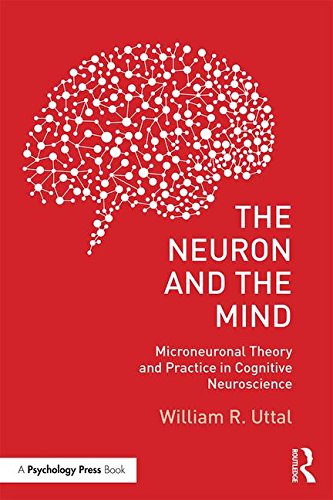

Most ebook files are in PDF format, so you can easily read them using various software such as Foxit Reader or directly on the Google Chrome browser.
Some ebook files are released by publishers in other formats such as .awz, .mobi, .epub, .fb2, etc. You may need to install specific software to read these formats on mobile/PC, such as Calibre.
Please read the tutorial at this link: https://ebookbell.com/faq
We offer FREE conversion to the popular formats you request; however, this may take some time. Therefore, right after payment, please email us, and we will try to provide the service as quickly as possible.
For some exceptional file formats or broken links (if any), please refrain from opening any disputes. Instead, email us first, and we will try to assist within a maximum of 6 hours.
EbookBell Team

5.0
88 reviewsThis book, a companion to William R. Uttal’s earlier work on macrotheories theories of mind-brain relationships, reviews another set of theories―those based on microneuronal measurements. Microneural theories maintain the integrity of individual neurons either in isolation or as participants in the great neuronal networks that make up the physical brain. Despite an almost universal acceptance by cognitive neuroscientists that the intangible mind must, in some way, be encoded by network states, Uttal shows that the problem of how the transformation occurs is not yet supported by empirical research findings at the micro as well as at the macro levels of analysis. Theories of the neuronal network survive more as metaphors than as robust explanations. This book also places special emphasis on the technological developments that stimulate these metaphors. A major conclusion drawn in this book is that it is not at all certain that the mind-brain problem is solvable in the sense that many other grand scientific problems are.